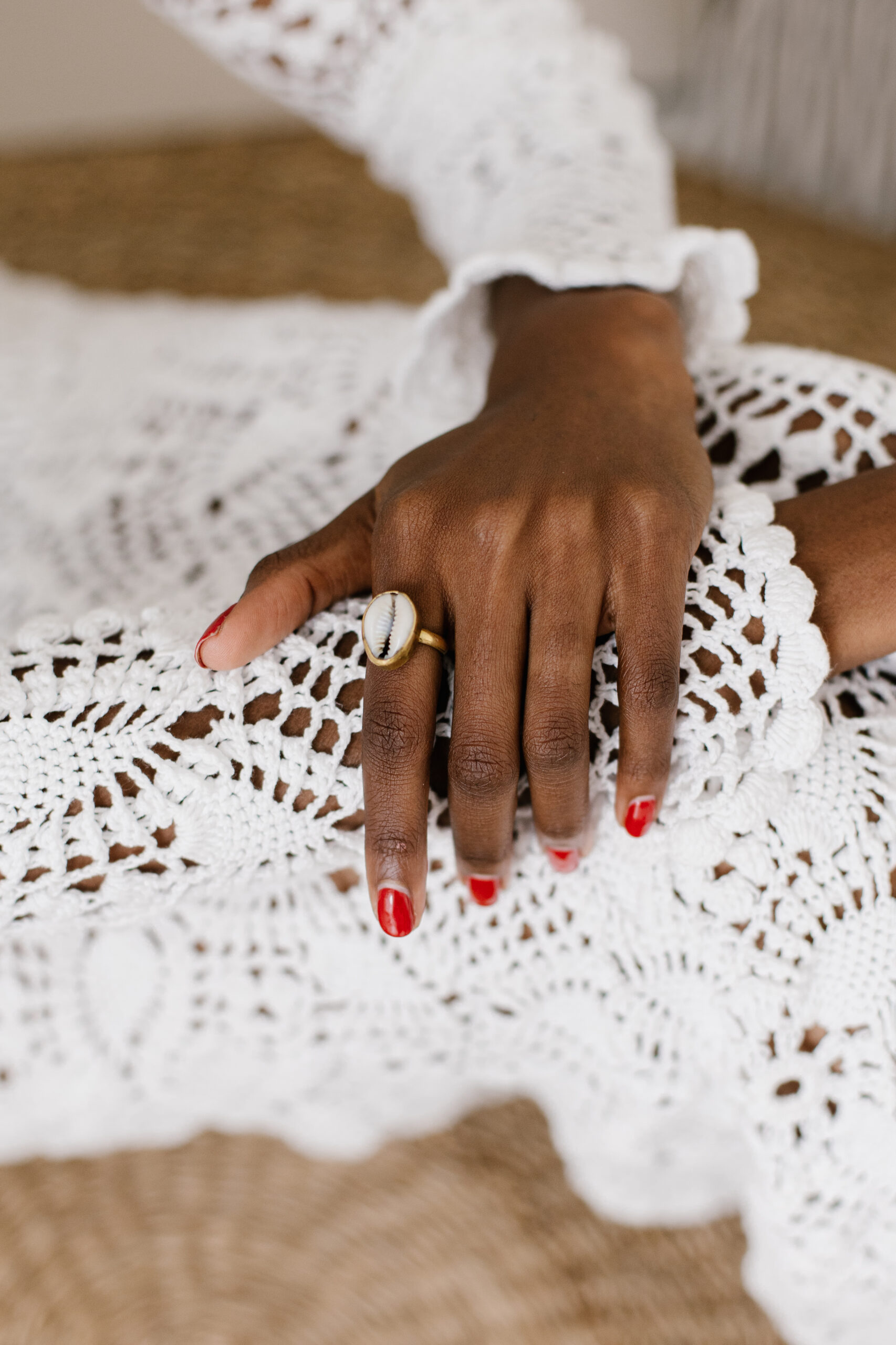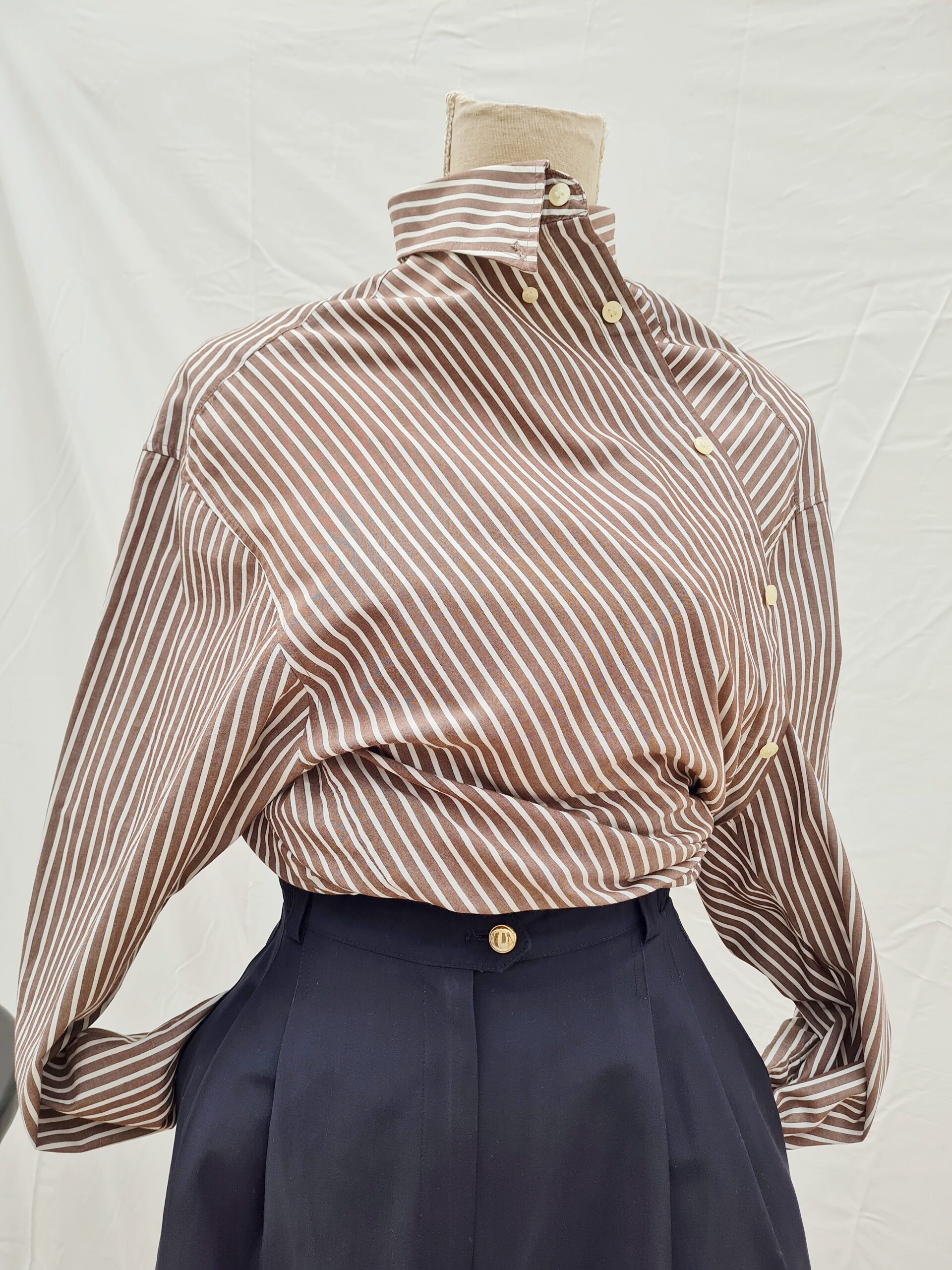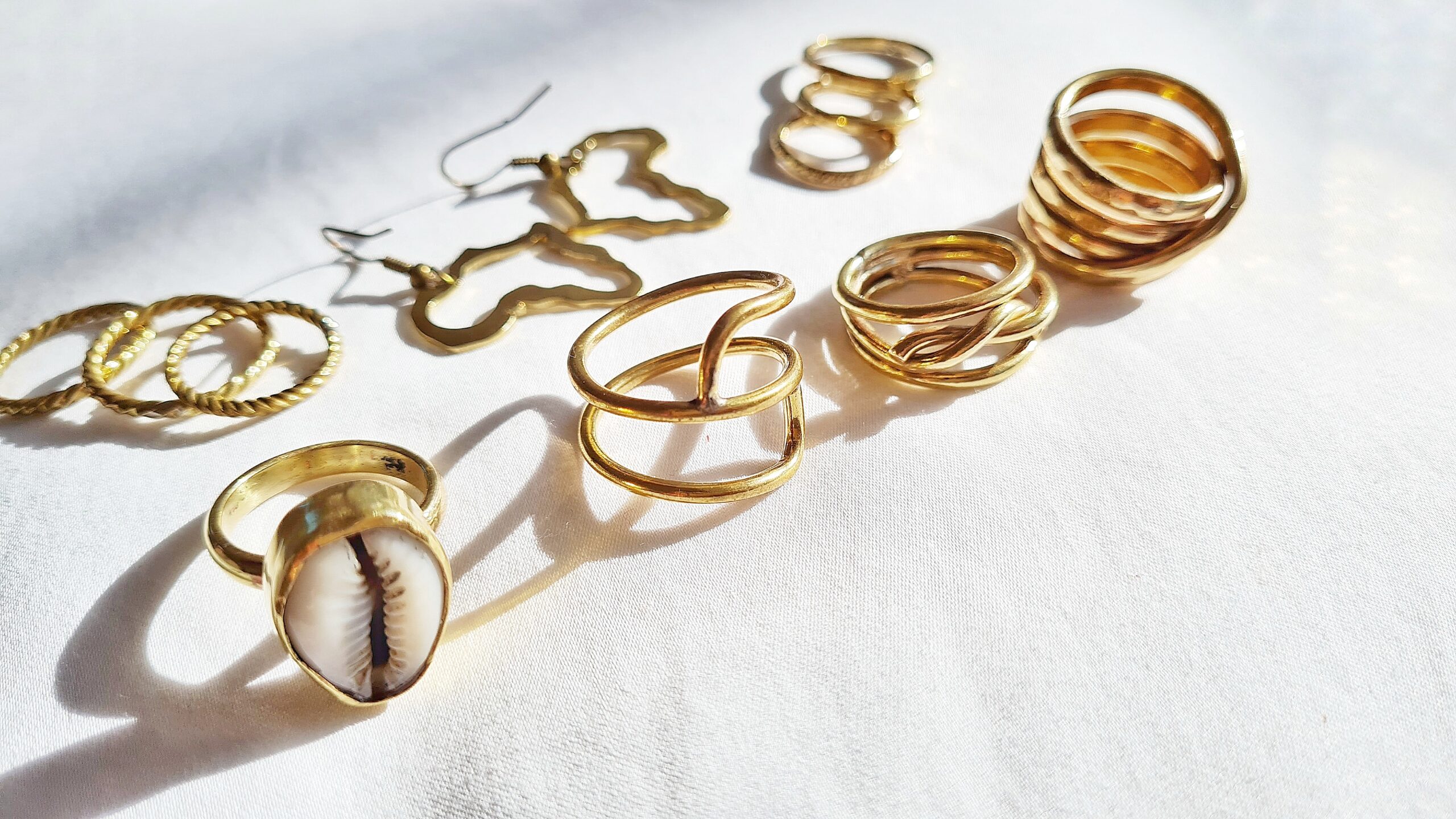
“Buy less, choose well and make it last” are words stated by iconic British fashion designer and environmentalist, Vivienne Westwood. Westwood said this powerful statement as commentary on how to consume responsibly, especially in the world of clothes and fashion.
The intention of the #21EcoActions campaign launched by us at Conscious Lifestyle Collective, is to educate, empower and inspire ourselves to be more eco-friendly in our everyday lives. One of the themes addressed during the these 21 days explored the world of slow fashion (which is also known as sustainable fashion or ethical fashion). We addressed what it means to buy less and chose well through defining key concepts within the slow fashion world and provided practical steps to improve our relationship with clothing better for our wallets, our wardrobe spaces and the environment.
In this written piece, we will be taking the last third of Westwood’s advice to task by providing practical steps to make our relationship with fashion and the environment a long-lasting one.
You know those white tags on your clothes? Read them: This may sound like basic or even unnecessary advice. Yet, you would be surprised at how often we assume to know about an item of clothing simply because it feels like other items we own, or comes from the same brand as other items we own. It is very important that we pay attention to the little white tags sewn onto the clothes we purchase. These tags contain valuable information about what the garment is made from and how to take care of the garment. The more we know about our clothes, the better we take care of our clothes, and the better the chances of making them last!
Fabrics 101: You do not have to be a designer or a fashionista to have knowledge on fabrics, or to know why it is important to know which fabrics make for better garments. Knowing your fabrics is important, because it empowers you with information about the garment’s maintenance requirements, how the garment is made and how the garment should be worn. For an example, if you know your cotton, you will know that organic cotton uses between 80%-90% less water and up to 65% less energy than its non-eco counterpart. Organic cotton is also more durable than normal cotton. This, in turn, means that it takes less money and effort to produce garments that last longer.
(Here is a challenge: look in your wardrobe and grab one item of clothing from each fabric group. Research and purchase eco-friendly alternatives/equivalents of those items and see how they treat you and your wallet over the course of 6 months to a year).
Washing your clothes: We often take for granted how clued up we are about washing our garments, or what how many of our resources it takes to getting our garments clean. The first thing we should pay attention to is determining what level of “dirtiness” requires which method of cleaning. Wearing a garment for 3 hours (depending on what you have been doing while wearing that garment) can be worn again without washing it. The second thing we should pay attention to is how we wash our garments. It is not true that all white garments can be washed together as white silk has differing temperature requirements from white cotton. It is also not true that all garments need detergents to be washed. The kind of detergent you use also matters. While commercial retail has a one-size-fits approach to their detergent products, it is better to wash your garments with detergents that best suit your garment’s fabric. For example, Soap nuts (or soapberries) are organic alternatives which have qualities that wash and condition fabrics a wide range of fabrics. Soap nuts can also be used after multiple washes. Being conscious of your garment’s washing requirements could reduce the effort and money it requires to maintain them.
Before throwing your clothes out: remember that the lifespan of a garments generally extends beyond its function as a piece of clothing. If your clothes are starting to wear and tear, you can choose to repair them or repurpose as eco-friendly gift-wrapping alternatives, or clothes used for cleaning purposes.
Support local (eco-friendly) businesses: Growing South Africa’s and Africa’s eco print is very important, because it affects every aspect of our lives. Support local eco-friendly businesses that specialise in educating the public about being eco-friendly, businesses that retail eco-friendly garments, business that retail resources that help with the maintenance of those garments, and organisations that specialise in the recycling and repurposing of garments.
Buying less, choosing well and making it last speaks beyond our clothes. It is about a way of life where we have a sustainable and kind collaboration with the environment which provides us with so much of our livelihood.
Related Posts

Summer Cotton Crochet Dresses
Our Summer Cotton Crochet Dresses are a fusion of timeless charm and breezy elegance. Crafted with meticulous artistry, they offer a luxurious embrace of soft cotton against your skin, while intricate crochet patterns add a whimsical touch. Versatile and comfortable, these dresses are more than garments; they’re an embodiment of the carefree spirit of summer. Slip into one, and let the season’s magic take you wherever the sun shines.

Introducing: Pre-loved Capsule Wardrobe
Previous image Next image INTRODUCING PRE-LOVED CAPSULE WARDROBE We are excited to introduce a pre-loved capsule wardrobe! Through our years of thrifting clothing items for

ECO-FRIENDLY PRODUCTS TO HELP YOU LIVE SUSTAINABLY
Besides recycling, reusing and reducing your waste, there are a number of eco-friendly small businesses to support that are building with people and the planet in mind.

Handmade Zero waste Brass Jewelry – Kasimbi Metal Works
“I’m always inspired by nature and everything in it. I believe we’re all connected.” Tell us a little bit about your journey of becoming a

